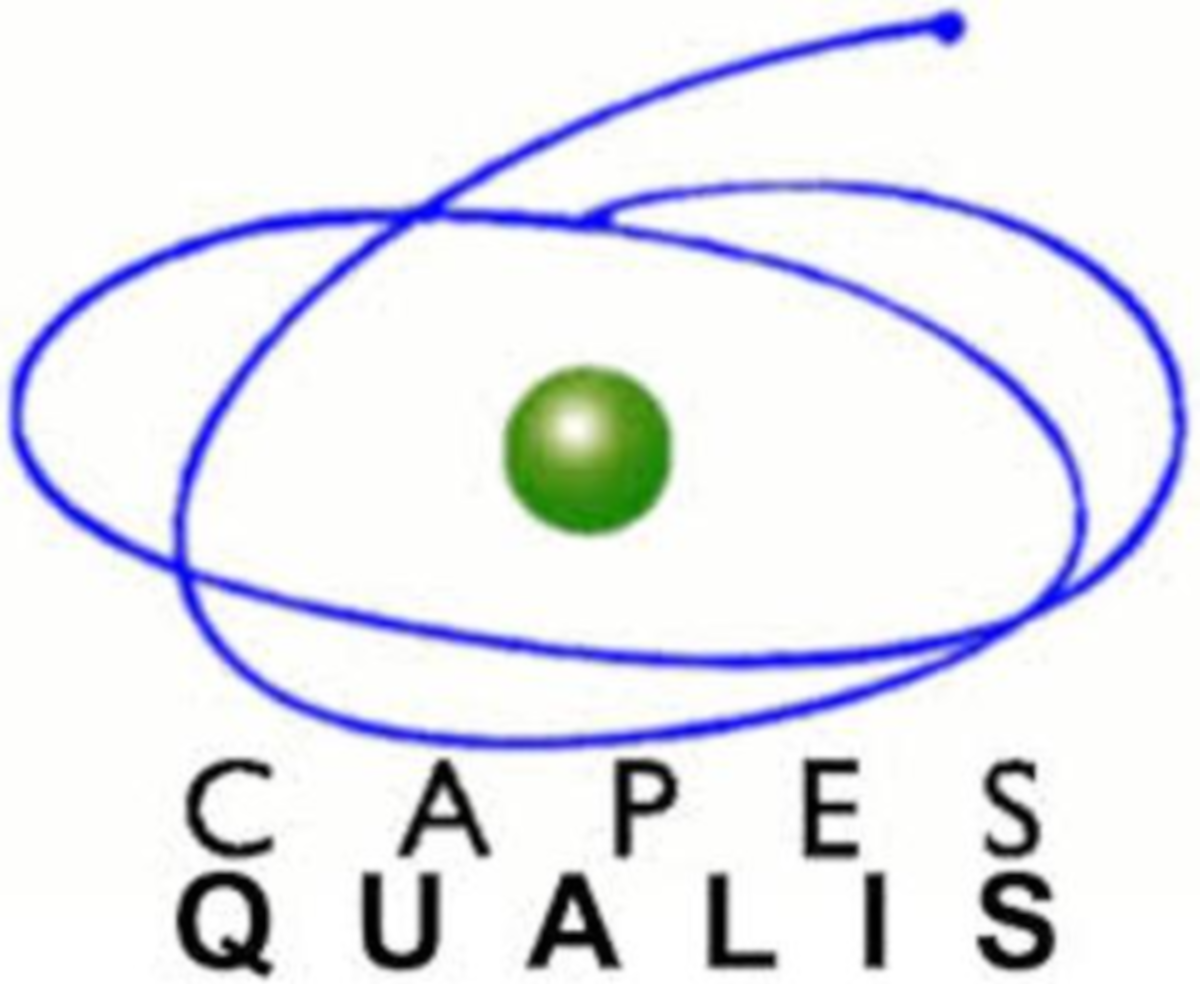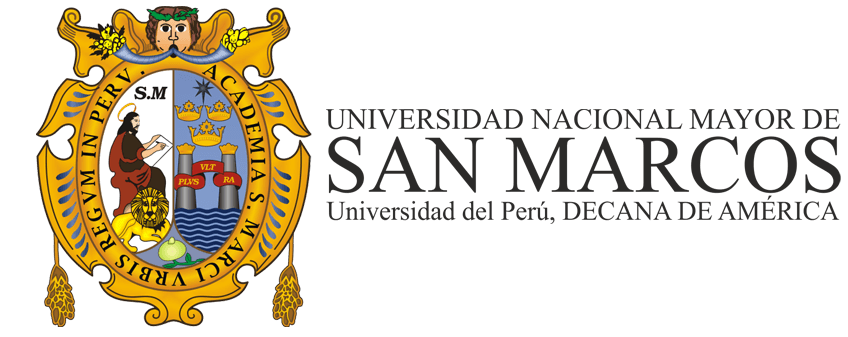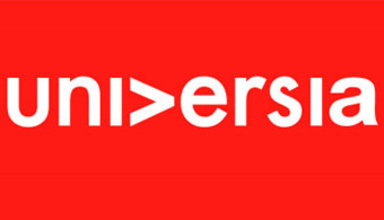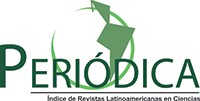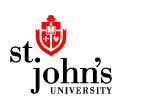Wild birds in captivery: a threat to biodiversity in Cuba
DOI:
https://doi.org/10.62430/rtb20242221892Keywords:
ecosystem, endemic bird, ornithofauna, species Invasive exotic speciesAbstract
Wildlife and biodiversity help preserve the strength of ecosystems, which in turn support sustainable food systems and agriculture. Likewise, the conservation and sustainable management of wildlife helps to minimize hunger and poverty. The research carried out in the town of Manicaragua, province of Villa Clara, in the Republic of Cuba, had as its objective: to determine the species of migratory birds that are in captivity by the inhabitants of the town of Manicaragua, both in the urban and rural areas, and their possible commercialization. For the development of the research, methods of information collection and methods of processing the information collected were used, such as interviews, participatory observation, review of historical-logical documents, deductive-demonstrative and statistical and mathematical methods among which the descriptive statistical method is emphasized. A total of 360 homes were visited and 172 residents were interviewed, in the center of the town of Manicaragua and its outskirts. The presence of 29 species of wild birds in captivity was confirmed, of which some are in some category of threat, according to the red list of Cuban fauna. It is necessary to make a call to the population about the effects that this may cause to Cuban biodiversity.
Downloads
Published
How to Cite
Issue
Section
License

This work is licensed under a Creative Commons Attribution-NonCommercial-NoDerivatives 4.0 International License.
Objeto: El AUTOR-CEDENTE transfiere de manera TOTAL Y SIN LIMITACIÓN alguna al CESIONARIO (Revista The Biologist (Lima)) los derechos patrimoniales que le corresponden sobre sus obras por el tiempo que establezca la ley internacional. En virtud de lo anterior, se entiende que el CESIONARIO adquiere el derecho de reproducción en todas sus modalidades, incluso para inclusión audiovisual; el derecho de transformación o adaptación, comunicación pública, traducción, distribución y, en general, cualquier tipo de explotación que de las obras se pueda realizar por cualquier medio conocido o por conocer en el territorio nacional o internacional.
Remuneración: La cesión de los derechos patrimoniales de autor que mediante este contrato se hace será a título gratuito.
Condiciones y legitimidad de los derechos: El AUTOR-CEDENTE garantiza que es propietario integral de los derechos de explotación de la(s) obra(s) y en consecuencia garantiza que puede contratar y transferir los derechos aquí cedidos sin ningún tipo de limitación por no tener ningún tipo de gravamen, limitación o disposición. En todo caso, responderá por cualquier reclamo que en materia de derecho de autor se pueda presentar, exonerando de cualquier responsabilidad al CESIONARIO.
Licencia de acceso abierto: El AUTOR-CEDENTE autoriza que manuscrito publicado en la Revista Científica The Biologist (Lima) (versión Impresa ISSN 1816-0719, versión en línea ISSN 1994-9073) permanece disponible para su consulta pública en el sitio web http://revistas.unfv.edu.pe/index.php/rtb/index y en los diferentes sistemas de indexación y bases de datos en las que la revista tiene visibilidad, bajo la licencia Creative Commons, en la modalidad Reconocimiento-No comercial- Sin Trabajos derivados –aprobada en Perú, y por lo tanto son de acceso abierto. De ahí que los autores dan, sin derecho a retribución económica, a la Escuela Profesional de Biología, Facultad de Ciencias Naturales y Matemática de la Universidad Nacional Federico Villarreal (EPB - FCCNM - UNFV), los derechos de autor para la edición y reproducción a través de diferentes medios de difusión.





















